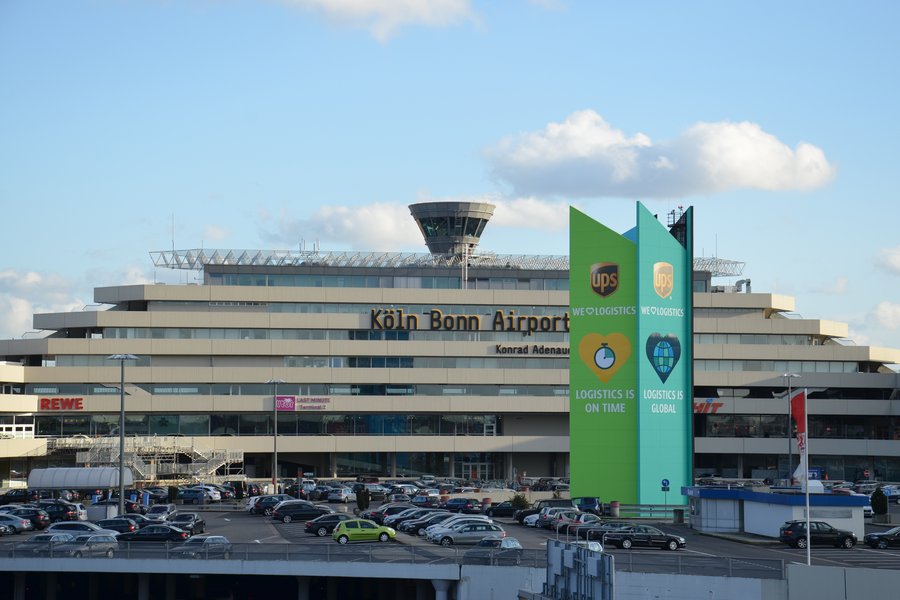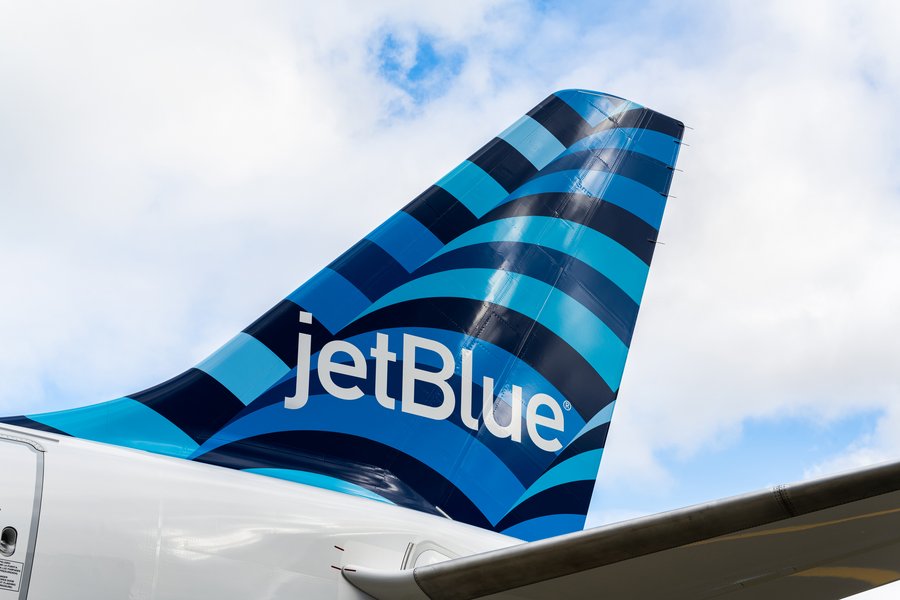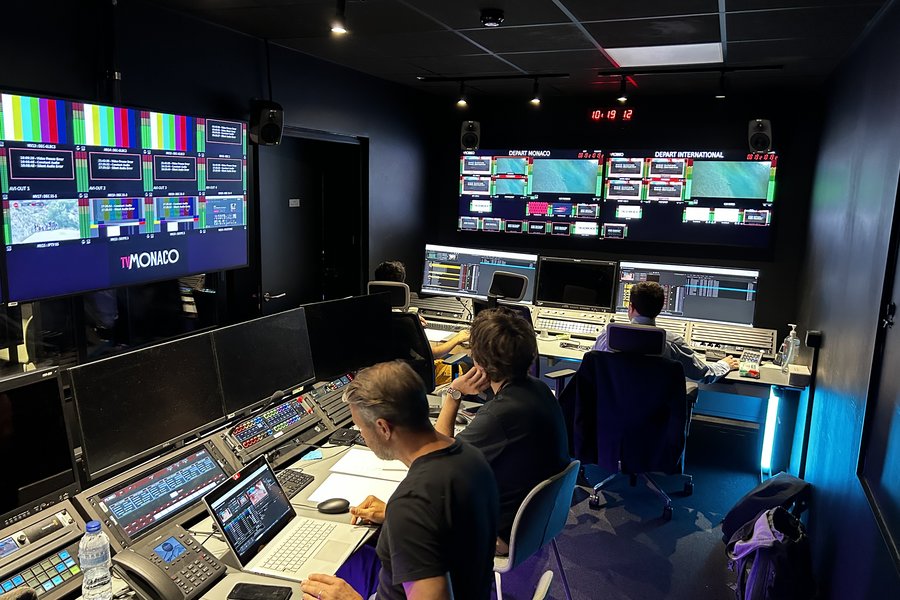More environmentally friendly logistics
Through comprehensive IoT monitoring, TRAILAR ensures complete transparency for fuel savings across its vehicle fleets. This innovative solution allows for precise tracking and optimization of logistics operations, helping to reduce fuel consumption, improve efficiency, and promote sustainable fleet management practices.

Qvest and TRAILAR are developing comprehensive IoT monitoring
TRAILAR, a subsidiary of DHL, has developed an innovative system for commercial vehicles. It generates solar energy and feeds it directly into the power grid of trucks or vans. This pioneering approach not only enables logistics companies to reducetheir fuel consumption but also contributes to reducing environmental impact through lower emissions.
The key technology behind this award-winning system is the Cumulocity IoT platform from Software AG. The platform analyzes all relevant data in real-time and presents it graphically, providing user companies with a clear view of the achieved savings.
Depending on the application and usage, up to 5% of fuel can be saved, reducing CO2 emissions by about two tons per truck annually. As an official integration partner of Cumulocity IoT, it was Qvest's task to develop missing software modules to calculate the actual fuel savings of a vehicle.
KEY FACTS
- 6-person development team
- Three customer-specific widgets
- Integration into the production system
- Development using live data
- Comprehensive project management
TECHNOLOGIES
- Cumulocity IoT platform
- Java microservices
- Apama rules
METHODS
- Agile project management
- Scrum-based development
Our solution
The TRAILAR system is based on flexible solar mats with a thickness of only 3 millimeters. These mats are mounted on the structure of trucks, trailers, refrigerated vehicles, or vans. The solar cells on the roof generate electrical energy during daylight, even without direct sunlight, which is directed to a smart controller. This controller efficiently channels the harvested energy into the vehicle's battery, where it can be utilized for various applications like tail lifts, lighting, or refrigeration units. This reduces the load on the alternator and engine, thereby cutting fuel and maintenance costs.
To accurately calculate the actual fuel savings, we initially integrated the telematics unit and further developed the platform tailored to TRAILAR's requirements. For easy-to-understand monitoring and reporting, raw collected data is processed. First, the vehicle's telematics transmits all sensor values to the Cumulocity IoT platform. For processing, Apama serves as the live streaming analytics component, accompanied by Java microservices developed by us. These microservices extract the data, rectify sensor deviations, and calculate the actual consumption in kWh.
Lastly, we created three customer-specific widgets for the Cumulocity dashboard. These widgets ensure a tailored visualization for comprehensive monitoring. The end result is a detailed Cumulocity dashboard, providing complete transparency on fuel savings for TRAILAR and its clients. Depending on the use case, the solution promises a return on investment (ROI) within twelve to 18 months.
The Qvest Digital team stands out for its ability to swiftly initiate development in a highly flexible manner. Team members are dedicated in every phase, making the collaboration so enjoyable that we've even had some shared pizza or brewery evenings. It almost feels as if the team is an integral part of TRAILAR
SASCHA MÜHLHAUSEN | HEAD OF PRODUCT, TRAILAR
Our customer
TRAILAR was founded in 2017 by two DHL employees as part of the Incubator Program Start-up Lab within the Deutsche Post DHL Group. With its new fuel-saving technology, TRAILAR's innovative system offers a sustainable, efficient, and cost-effective solution based on lightweight, durable photovoltaic modules. Since 2018, TRAILAR has been an independent subsidiary of DHL.
PATRICK STEINERT | HEAD OF EMERGING TECHNOLOGIES, QVEST DIGITAL













